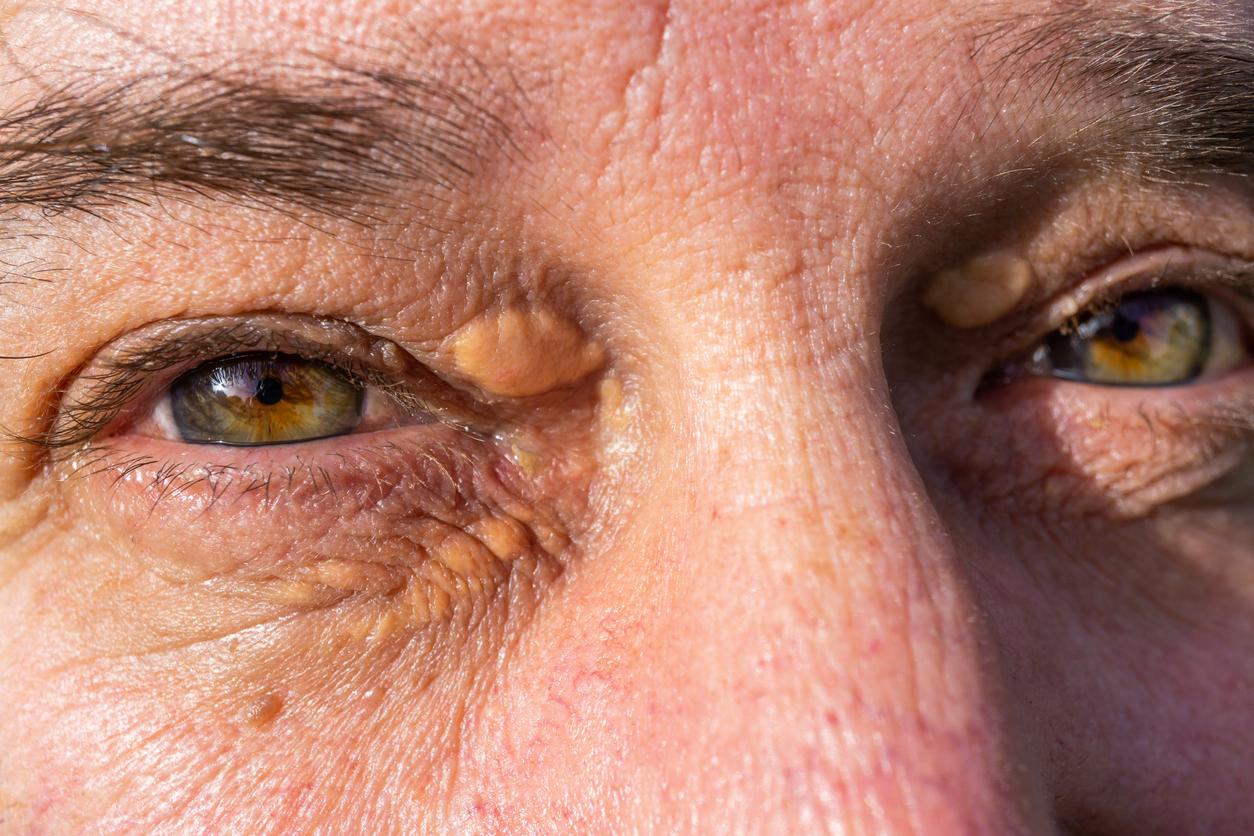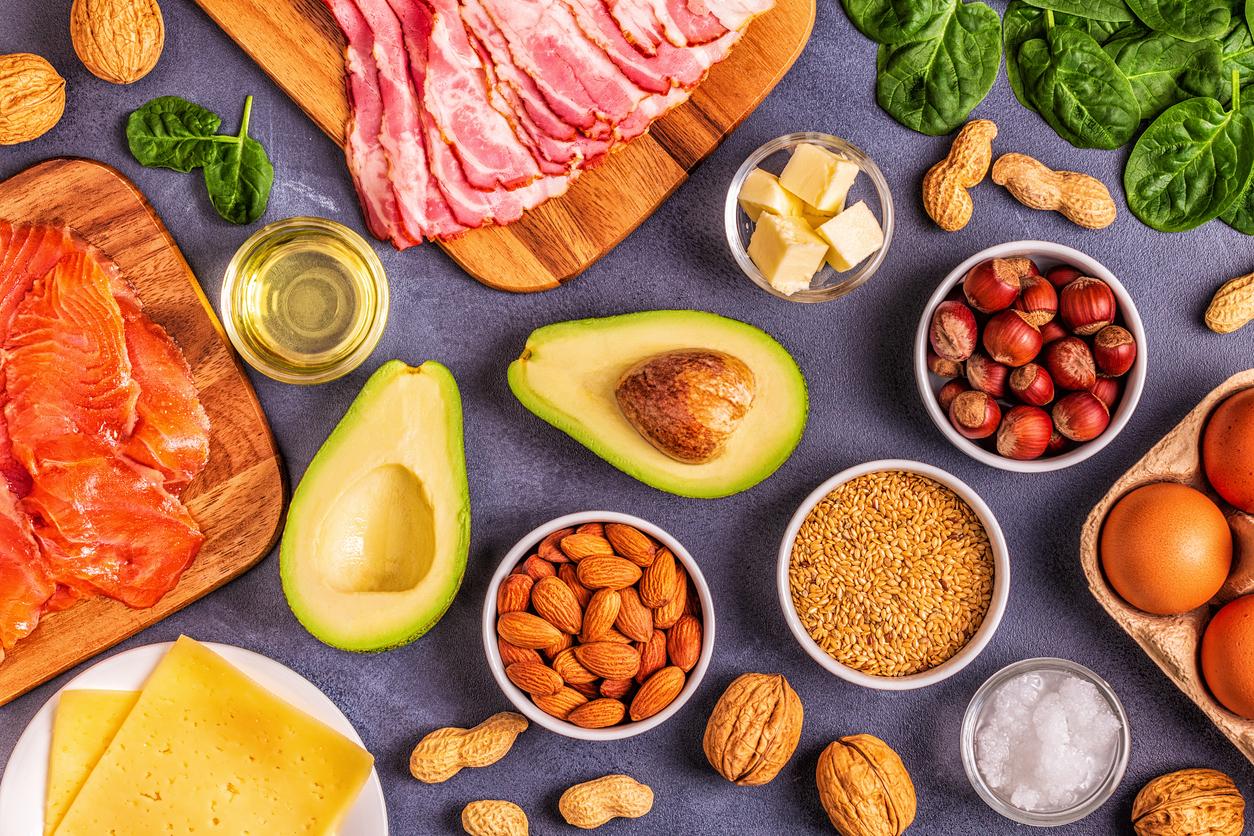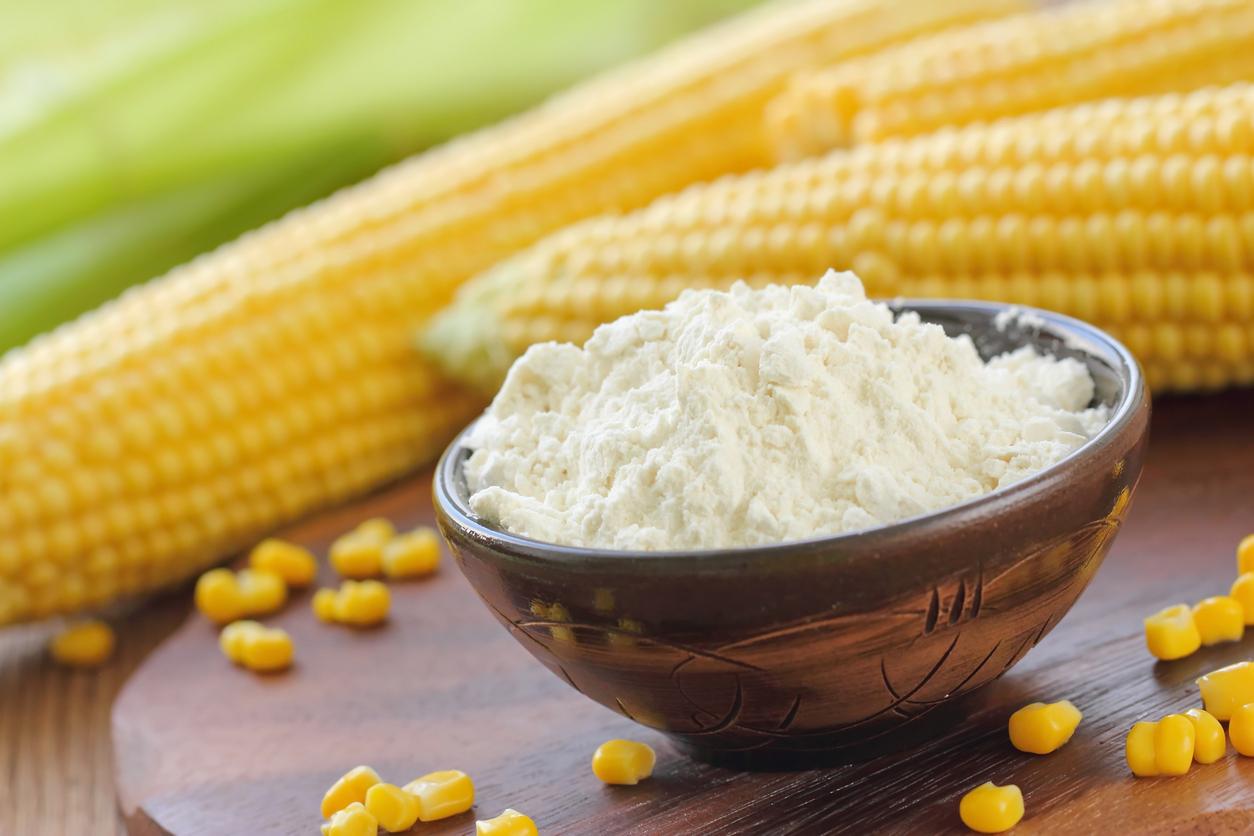LDL cholesterol (for “Low Density Lipoprotein”, meaning low density lipoproteins) is commonly referred to as “bad” cholesterol.
While the “good” cholesterol (HDL cholesterol stands for “High Density Lipoprotein”) is transported to the liver, LDL is transported from the liver to the cells. The risk: seeing it deposit on the arterial walls, which increases the cardiovascular risk.
In France, the national health nutrition study (ENNS) estimated between 2006 and 2007 the average level of LDL cholesterol in the French adult population: 1.28 g / L. Health authorities estimate that a “normal” level of LDL cholesterol is less than 1.6 g / L.
Avoid: solid fats
When you suffer from hypercholesterolemia, it is essential to monitor your diet, especially your daily fat intake. Exactly: German researchers at the German Institute of Human Nutrition wondered which fat was the best for people with too high cholesterol.
By compiling the results of 55 studies carried out since the 1980s, scientists compared the nutritional properties of 13 different fats, including butter, sunflower oil and olive oil.
Verdict? According to scientists, vegetable oils would be the best for health in case of hypercholesterolemia: they recommend in particular sunflower oil, rapeseed oil, safflower oil and linseed oil. Avoid: butter, lard and margarine …
According to the French Federation of Cardiology, in France, cholesterol is the cause of one in two infarcts and nearly 20% of the adult population present with hypercholesterolemia. To your stoves!
This work was published in the Journal of Lipid Research.
To read :
Too much “good” cholesterol can be harmful to your health
A cholesterol derivative to block tumor growth
Cholesterol: what’s the difference between LDL and HDL?


















